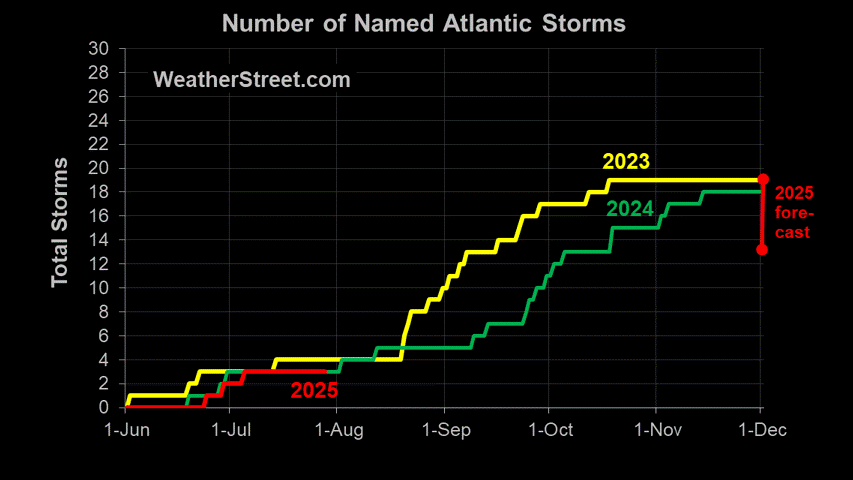Hurricane Jimena continues to strengthen

Jimena strengthens, heading for Baja California (The Weather Channel)
We are in the range now where the effects of the storm categories get blurrred. An intense Category 4 hurricane with 150 MPH wind speeds is just as devastating in the damage it can cause as a 156 MPH Cat 5 storm. Jimena is dangerous. There is no way around it. Hurricane warnings have been issued for the southern end of Baja California and a hurricane watch has been posted further up both the western and eastern coasts of the peninsula.As of 11 a.m. Pacific Time Monday, Jimena was located about 340 miles south of Cabo San Lucas, Mexico. The Hurricane Hunters have found that winds have increased to 150 mph. A motion off to the northwest at 8 mph continues.
A turn more to the north-northwest is forecast and this would bring Jimena near southern Baja California on Tuesday. Jimena is expected to be a major hurricane (category 3 or higher) at that time.
A hurricane warning is now in effect for the southern end of the Baja Peninsula from Bahia Magdalena on the west coast around the southern tip of the peninsula and north to San Evaristo on the east coast (this includes Cabo San Lucas). A hurricane warning means that hurricane conditions are possible within 24 hours.
Hurricane watches have been issued farther north along the Baja Peninsula from Bahia Magdalena to Punta Abreojos on the west coast and from San Evaristo to Mulege on the east coast.
Hurricane force winds extend out 30 miles and tropical storm force winds out to 80 miles. Since the wind field is on the smaller side, the degree of damage will be
largely dictated by the exact track Jimena travels along.

Powerful Hurricane Jimena (AccuWeather)
Category 4 Hurricane Jimena will likely impact Cabo San Lucas and southern Baja California, Mexico with hurricane conditions later Monday night through Tuesday. Jimena quickly became a large and powerful hurricane, reaching Category 4 strength Sunday morning. As of 11 a.m. PST Monday morning, Jimena was located about 340 miles south of Cabo San Lucas, Mexico with sustained winds up to 150 mph and gusts up to 175 mph.
--snip--
Squalls associated with Jimena will continue to affect the southwestern Mexican state of Jalisco. The weather in Cabo San Lucas and the rest of the southern Baja California will deteriorate Monday night as the outer rain bands begin to affect the southern Baja. Hurricane-force winds will develop Tuesday, and winds over 100 mph are possible in Cabo San Lucas and the rest of the southern Baja Tuesday afternoon and Tuesday night.
In addition to the powerful winds, very heavy rain is also expected. The southern Baja is basically a desert, so heavy rain can quickly lead to flash flooding. A storm surge of more than 10 feet is possible as well.
Storm track forecasts are now indicating that Jimena will likely cross over Baja California and enter the Gulf of California sometime Friday as either a tropical storm or a tropical depression.  As the sea surface temperatures are very warm in the Gulf of California (30 C+), I would expect that we could se some slight intensification before Jimena makes a second ladfall just south of the California/Arizona border.
As the sea surface temperatures are very warm in the Gulf of California (30 C+), I would expect that we could se some slight intensification before Jimena makes a second ladfall just south of the California/Arizona border.









<< Home